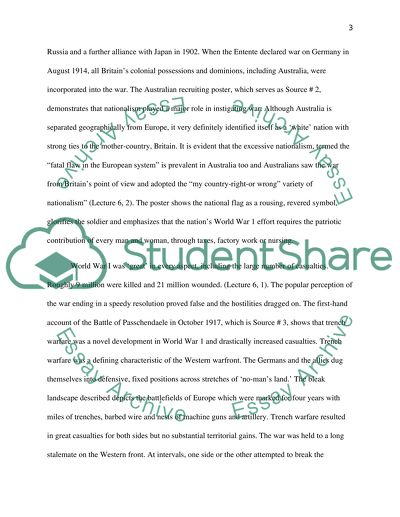Cite this document
(“Imperialism, World War 1 and Anti-Colonialism Essay”, n.d.)
Imperialism, World War 1 and Anti-Colonialism Essay. Retrieved from https://studentshare.org/history/1473820-industrialism-imperialism-world-war-i
Imperialism, World War 1 and Anti-Colonialism Essay. Retrieved from https://studentshare.org/history/1473820-industrialism-imperialism-world-war-i
(Imperialism, World War 1 and Anti-Colonialism Essay)
Imperialism, World War 1 and Anti-Colonialism Essay. https://studentshare.org/history/1473820-industrialism-imperialism-world-war-i.
Imperialism, World War 1 and Anti-Colonialism Essay. https://studentshare.org/history/1473820-industrialism-imperialism-world-war-i.
“Imperialism, World War 1 and Anti-Colonialism Essay”, n.d. https://studentshare.org/history/1473820-industrialism-imperialism-world-war-i.


